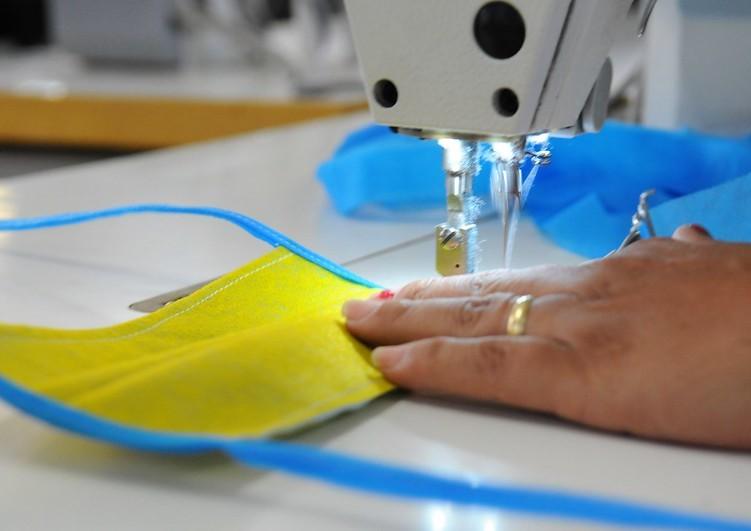Brazil's COVID-19 surge shows no sign of slowing, with the country reporting more than 20,000 cases yesterday, similar to levels seen in the United States, and former hot spots in other parts of the world battled new clusters and carefully monitored the impact of loosened restrictions.
The global total passed 5.7 million today and is at 5,763,122 cases, along with at least 358,235 deaths, according to the Johns Hopkins online dashboard.
Vulnerable Latin America countries
Brazil's President Jair Bolsonaro signed a government aid package worth $11.3 billion to help states and cities hit by COVID-19, but he nixed salary raises for public workers, except for healthcare workers and others involved in the pandemic response, Reuters reported yesterday. The country, which has the world's second highest COVID-19 total, yesterday reported 25,598 cases and 1,086 more deaths, raising its overall numbers to 411,821, with about 25,000 deaths.
In a related development, an outbreak at a meatpacking plant in southern Brazil has infected 340 people, according to a separate Reuters report. The outbreak occurred at a BRF plant, but the company said all of its facilities remain open.
Sao Paulo, Brazil's biggest city and its epicenter, is still on quarantine, but the mayor laid out plans for reopening some businesses, including shopping malls, car dealers, and street shops. The businesses must sign up for health, hygiene, and testing protocols before they are allowed to reopen.
Latin America, especially South America, is the world's latest pandemic hot spot, and the United Nations World Food Program yesterday warned that the number of people in Latin America and the Caribbean who could experience food insecurity could quadruple from 3.4 million to 13.7 million.
It said the projected economic contraction in the region will be the worst ever and will hit people who rely on daily earnings the hardest. Areas of particular concern include Haiti and the "dry corridor" of Central America, with hurricane-prone areas of the Caribbean also vulnerable.
The WFP has been distributing food and vouchers in Bolivia, Ecuador, and El Salvador, and officials urged nations to make plans to protect vulnerable groups.
Cases rise in Indonesia, Philippines
Hospitals in Indonesia's second biggest city—Surabaya on East Java island—are overwhelmed with COVID-19 patients and are turning people away, Reuters reported, based on information from the Indonesian Medical Society. The impact on the city's hospitals are raising fears that the outbreak has spread beyond Jakarta, the country's epicenter.
Cases in East Java are up 300% since May 1, compared to a 60% increase for Jakarta. The cases in Surabaya have been fueled by outbreaks at a boarding school and a tobacco factory. Indonesia is the worst hit country in Southeast Asia, and the country's president has ordered stepped-up testing for the virus.
Elsewhere, the Philippines reported a daily high of 539 new cases today, though a COVID-19 task force has recommended easing some restriction in Manila, one of the country's main hot spots, according to Reuters.
In other global developments:
- South Korea has stepped up some distancing measures such as closing parks and entertainment facilities, in Seoul, following clusters linked to nightclubs followed by a cluster at an e-commerce warehouse, the Korea Centers for Disease Control and Prevention said in a statement. In the e-commerce outbreak, 46 more cases were reported, raising the total to 82.
- Denmark hasn't seen an increase in COVID-19 infections, 5 weeks after children resumed school, Reuters reported, based on information from the Danish Serum Institute. An official said there was a slight increase in children as schools reopened, but cases have declined steadily since April. Finland announced similar findings yesterday.




















